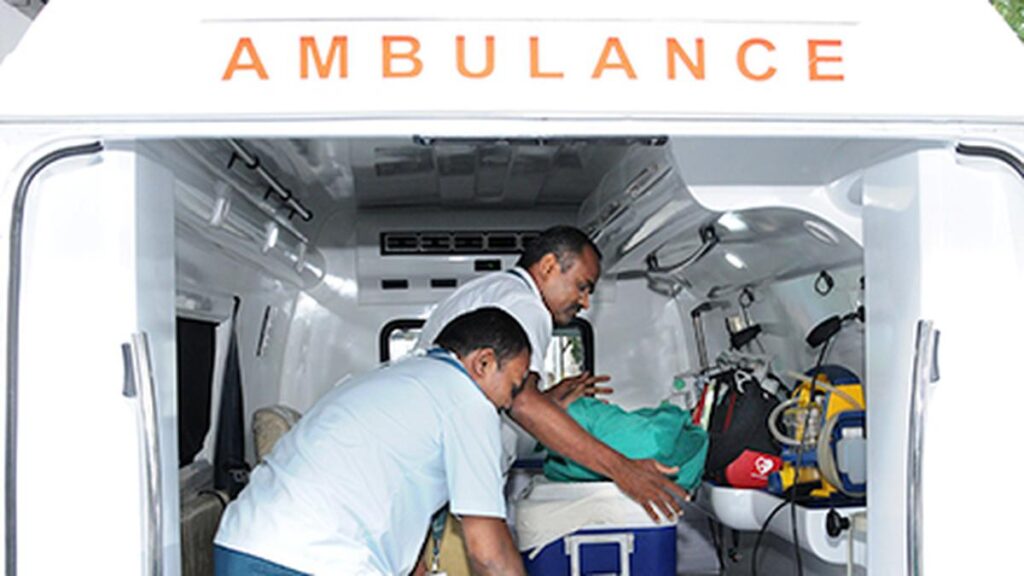970x125
The Transplantation of Human Organs Act, 1994, has two principal objectives: to regulate the removal, storage, and transplantation of human organs and tissues for therapeutic purposes, and to curb commercial dealings in them.
970x125
However, organ commerce persisted. One major shortcoming was the absence of a State-led system to procure and distribute donated organs. That changed in 2008, when Tamil Nadu established the Cadaver Transplant Programme (CTP).
How T.N’s programme evolved
Tamil Nadu became the first state to issue detailed guidelines to certify brain death and allocate donated organs. The Act provided the legal framework; Tamil Nadu operationalised it. Equity was built into the system so that the poor too, were beneficiaries. The model’s success drew both national and international attention, prompting several other States to follow suit.
Recognising the programme’s impact, the State empowered it with greater autonomy. The CTP evolved into the Transplant Authority of Tamil Nadu (TRANSTAN). For successive years, including the present one, Tamil Nadu has led the country in identifying brain death, certifying it, and in the procurement and distribution of organs.

New challenges and solutions needed
While this success deserves celebration, new challenges loom. This year, Tamil Nadu recorded commendable numbers in deceased donations. But demand still dwarfs supply. Over 7,000 patients await kidney transplants alone. Even doubling or tripling the number of donations is no easy task and will not be enough.
A long-term solution lies in reducing the burden of chronic diseases that lead to organ failure. This means early detection and sustained treatment of diabetes and hypertension, a strong and consistent campaign against tobacco, alcohol, refined sugar, and excess salt, and encouraging physical activity from school onwards. These are investments for the future. But we also need short-term measures.

First, every transplanted patient must be closely monitored to ensure longer graft survival and avoid the need for retransplants. Post-operative immunosuppression must be tailored to individual needs, factoring in the poor nutritional status and lower protein mass often seen in economically weaker patients. Infections and early graft impairment must be managed with urgency. A special nutrition package can be offered by the State to those who are protein deficient requiring support.
Tamil Nadu would benefit greatly from a state-of-the-art transplant immunology and infection control laboratory, accessible to every transplant hospital. Such a facility would enhance graft survival and be a lifeline for patients and reduce the need for retransplants. It can easily become a self-supporting institution.

Second, swap transplants offer a practical way to reduce waiting lists. This involves two or more families with incompatible donors exchanging organs so that each patient receives a compatible transplant. Thousands of patients in Tamil Nadu are on maintenance dialysis, in both government and private centres. Many have willing but incompatible near relatives. A State-run swap registry could match such families and enable hundreds of transplants annually, fully within the legal provisions of the Act. This is applicable to liver transplants too.
Third, organ preservation techniques can be adopted more widely. Machine perfusion, which maintains donated organs in optimal condition until a suitable recipient is found, has the potential to improve graft survival significantly. It also enables the utilisation of marginal organs that might otherwise be discarded, thereby enlarging the donor pool.
Last, it is time that T.N. has a separate autonomous unit to track every live or deceased donation in the State. Every donor and recipient should be tracked to ensure that the donor and the recipient gets care that matches international standards. That data will enable us to publish our survival rates in every type of transplant. It would also help us identify areas that need more attention. This would also would help prevent organs sales and organs trafficking.
Also Read:NOTTO’s advisory on organ donation has troubling recommendations, say doctors and experts
Sustaining records, going further
The ‘One nation, one policy’ of the Union government and its recent advisory to States to selectively promote non-evidence-based Ayurveda and Yoga in transplants (leaving out other branches of Ayush) and asking transplant hospitals to enter details of procedures directly into the Central government’s portal and directing organ allocation policies of States, are efforts that undermine the federal system. An earlier, similar effort was stopped by the Tamil Nadu government. A similar effort is needed now to prevent centralisation and taking over what are essentially the duties of State governments.
Tamil Nadu’s record in organ transplantation stands among the most notable public health achievements in the country. Sustaining and strengthening this record will call for careful planning, targeted investment in infrastructure, and innovations that address both the availability of organs and the longevity of grafts.
The State has already demonstrated how legal clarity, administrative commitment, and public trust can turn policy into a life-saving programme. The next stage should not only preserve its numerical lead, but also set new benchmarks for what is possible in the field of organ transplantation.
Lastly, the success of T.N. is largely due to State-specific innovations led by a consultative process including all stakeholders. This should be safeguarded.
(Dr. J. Amalorpavanathan is former convenor, Cadaver Transplant Programme and founder-member secretary, Transplant Authority of Tamil Nadu. amalorpavanathanjoseph@gmail.com)
Published – August 13, 2025 01:30 pm IST
970x125

